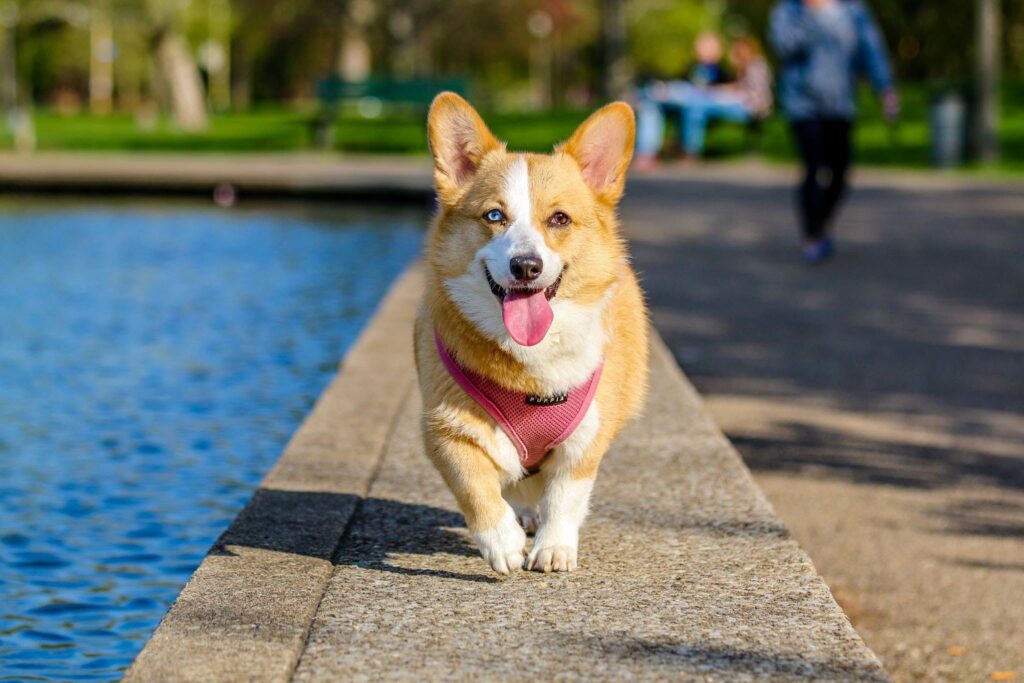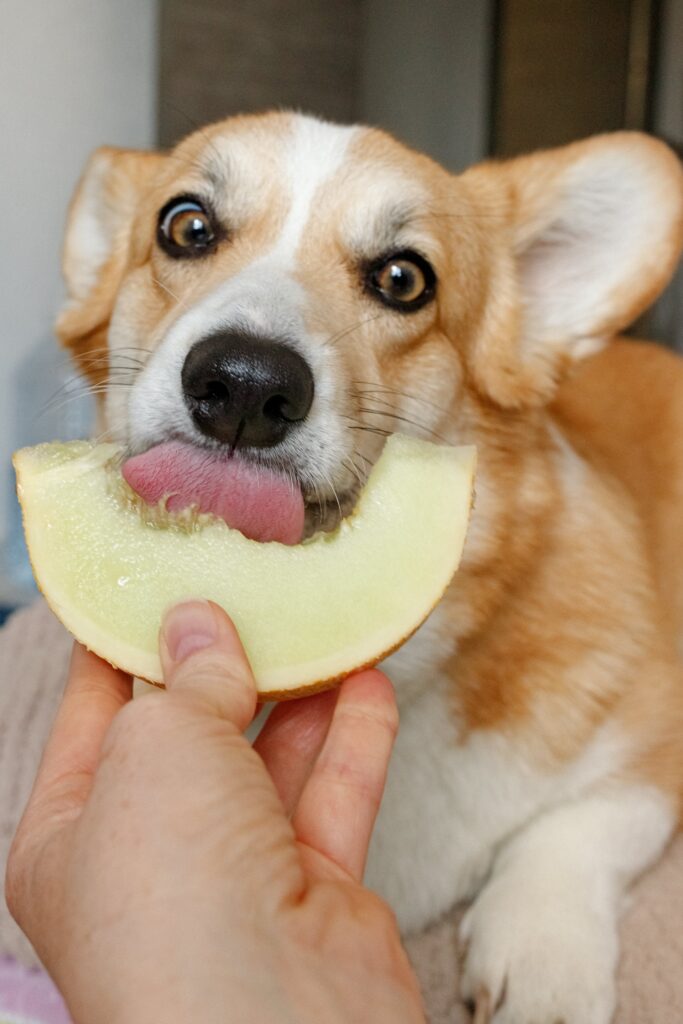Blog



When buying a Pembroke Welsh Corgi puppy, it’s important to ensure that you are dealing with a reputable breeder who prioritizes the health and well-being of their dogs. Here are key things to look for when buying a Welsh Corgi puppy:
1. Reputable Breeder:
- Research Breeders: Look for breeders with a good reputation. Seek recommendations from breed clubs, veterinarians, or local dog organizations.
- Visit the Breeder: Arrange to visit the breeder’s facility in person. This allows you to see the conditions in which the puppies are raised and meet the puppy’s parents.
- Ask Questions: Inquire about the breeder’s experience, breeding practices, and commitment to the breed’s standards. A responsible breeder will be transparent and happy to answer your questions.
2. Health Clearances:
- Health Screening: Ensure that the breeder conducts health screenings for common breed-specific issues, such as hip dysplasia and eye problems. Ask for documentation of health clearances for the puppy’s parents.
- Vaccinations and Deworming: Confirm that the puppy has received appropriate vaccinations and deworming treatments. Ask for the puppy’s health records.
3. Socialization and Temperament:
- Socialization Practices: A good breeder will expose puppies to various stimuli, people, and environments to promote healthy socialization. Inquire about the breeder’s socialization practices.
- Temperament Assessment: Ask about the breeder’s observations of the puppy’s temperament. A responsible breeder will provide insights into the puppy’s behavior and personality traits.
4. Living Conditions:
- Cleanliness: Assess the cleanliness and overall conditions of the breeder’s facility. A clean and well-maintained environment is indicative of a responsible breeder.
- Interaction with Dogs: Observe how the breeder interacts with the dogs. Healthy and well-cared-for dogs are more likely to produce healthy offspring.
5. Registration and Pedigree:
- Pedigree Papers: Ensure that the breeder provides proper pedigree papers and registration documents for the puppy. This ensures that the puppy comes from a reputable lineage.
- Transparent Information: A responsible breeder should willingly share information about the puppy’s ancestry and bloodline.
6. Contract and Guarantees:
- Written Contract: Request a written contract that outlines the terms of the sale, health guarantees, and any responsibilities on the part of the breeder and the buyer.
- Health Guarantee: A reputable breeder often provides a health guarantee for a specified period. This guarantees the health of the puppy at the time of purchase.
7. Breeder’s Involvement:
- Ongoing Support: A responsible breeder remains available for questions and support after the purchase. Ensure that the breeder is willing to provide guidance throughout the puppy’s life.
- Involvement in Breed Community: Check if the breeder is actively involved in the Corgi breed community, such as participating in shows or events. This indicates a commitment to the breed’s standards.
8. Observing the Puppies:
- Interaction with Siblings: Observe how the puppies interact with each other. Healthy puppies should be curious, playful, and well-adjusted.
- Physical Health: Assess the overall health of the puppies, including coat condition, eyes, and general appearance.
9. Trust Your Instincts:
- Gut Feeling: Trust your instincts. If something feels off or if the breeder is unwilling to provide information, it’s better to consider other options.
- Visit Multiple Breeders: Explore multiple breeders to compare practices and make an informed decision.
10. Avoid Red Flags:
- Puppies Sold Online: Be cautious of breeders who exclusively sell puppies online without providing an opportunity for in-person visits.
- Too Many Litters: If a breeder has an unusually large number of litters available at the same time, it could be a red flag.
Remember, buying a puppy from a responsible breeder contributes to the overall well-being of the breed. Take the time to thoroughly research and choose a breeder who prioritizes the health, temperament, and ethical treatment of their dogs.
